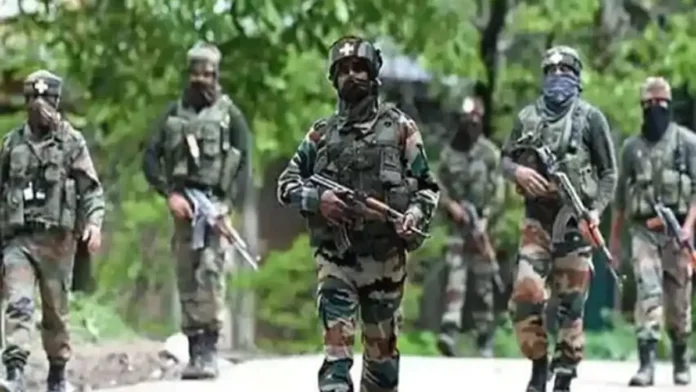Historic CIA Report Resurfaces Amid Pahalgam Terror Attack Tensions
Amid renewed tensions following the Pahalgam terror attack, a decades-old CIA document sheds light on a consistent geopolitical reality: Pakistan’s fear of India. The declassified National Intelligence Estimate (NIE) from 1993 by the U.S. Central Intelligence Agency (CIA) reveals Pakistan’s deep-seated insecurity regarding India—not just militarily or economically, but in terms of national survival.
1993 CIA Report Still Relevant Today
The NIE, prepared during a time of political and communal instability in South Asia, includes intelligence assessments that remain strikingly relevant. Crafted by veteran CIA analyst Bruce Riedel, the report predicted that a full-scale war between India and Pakistan was a 20% possibility, especially in the wake of incidents like the 1992 Babri Masjid demolition and rising instability in Pakistan.
Pakistan’s Fear Driven by Existential Concerns
According to the document, Pakistan’s fear of India is not merely about military strength or economic disparity—it is existential. In the event of a war, the flashpoint would likely be Kashmir, and Pakistan would be at a disadvantage from the outset. The document notes that Pakistan, unable to match India’s conventional power, might resort to non-conventional tactics such as supporting terrorism.
Warning of Terror-Backed Strategy
The report warned that misunderstandings, provocations, or communal violence could lead to large-scale conflict. It specifically flagged Pakistan’s potential use of terrorist proxies in Kashmir as a response to India’s growing influence. This terror-backed strategy was highlighted as a deliberate effort to destabilize India and provoke internal unrest.
Imbalance of Power Tilts in India’s Favor
The intelligence report states that the balance of power in South Asia increasingly favors India, with its stable government, growing economy, and expanding diplomatic reach. In contrast, Pakistan’s policy on Kashmir has been driven by fear—fueled by political instability and economic crises.
Nuclear or Terror Escalation a Real Possibility
Due to military imbalance, the report warns that Pakistan might resort to deploying nuclear weapons or intensifying asymmetric warfare, including using religion as a tool to promote extremism. It also cautions that religious polarization in India could create openings for Pakistani interference.
Need for Caution and Reliable Communication Channels
The CIA emphasized the importance of hotlines, nuclear agreements, and confidence-building measures between India and Pakistan. However, it warned that in actual combat situations, these protocols could be ignored, as leaders may act based on emotion rather than procedure.
CIA’s Final Warning: A Major Terror Attack Could Spark Conflict
The report specifically warned of a major terrorist attack—like the recent Pahalgam incident—potentially escalating bilateral tensions if both countries blame each other. Such an incident, it said, could deepen longstanding disputes and trigger dangerous consequences.



